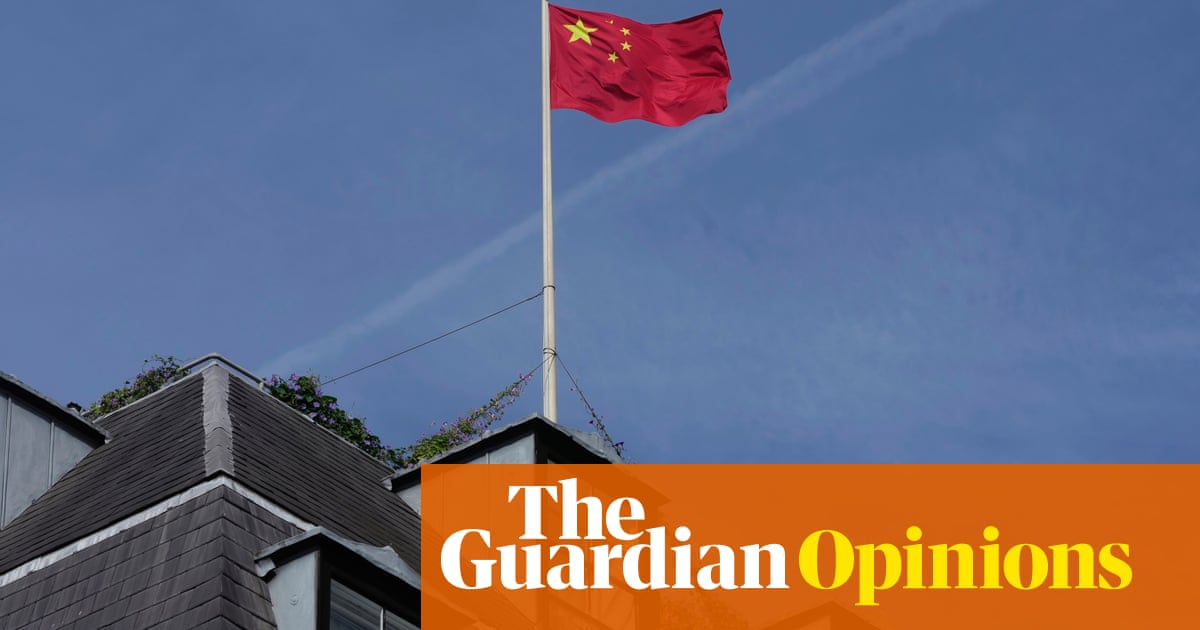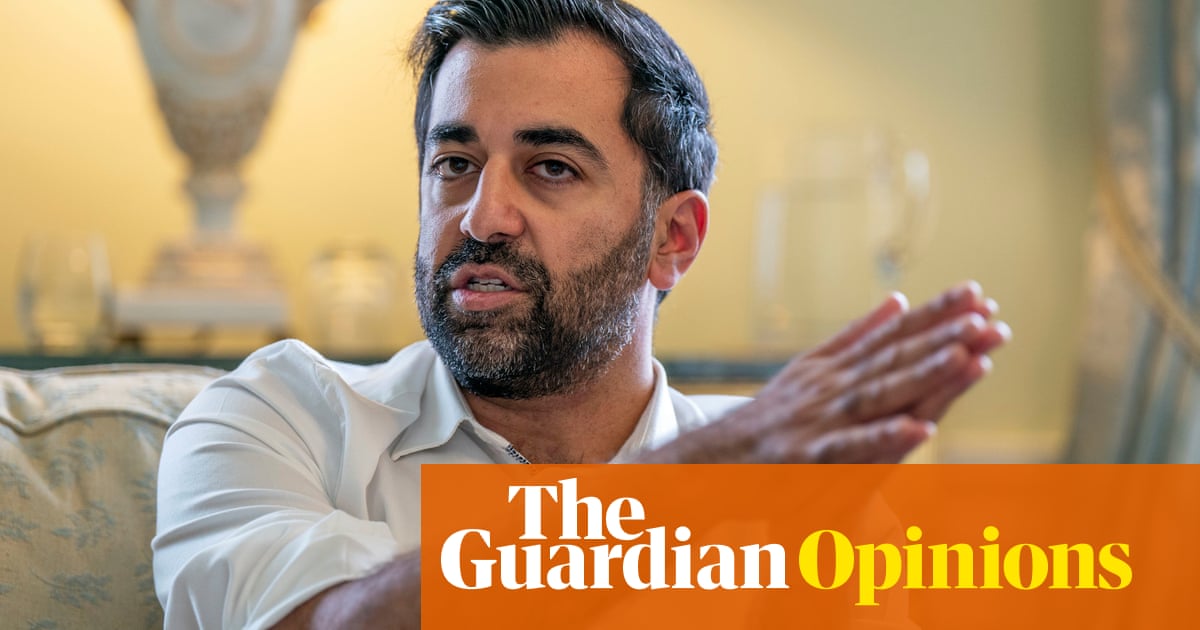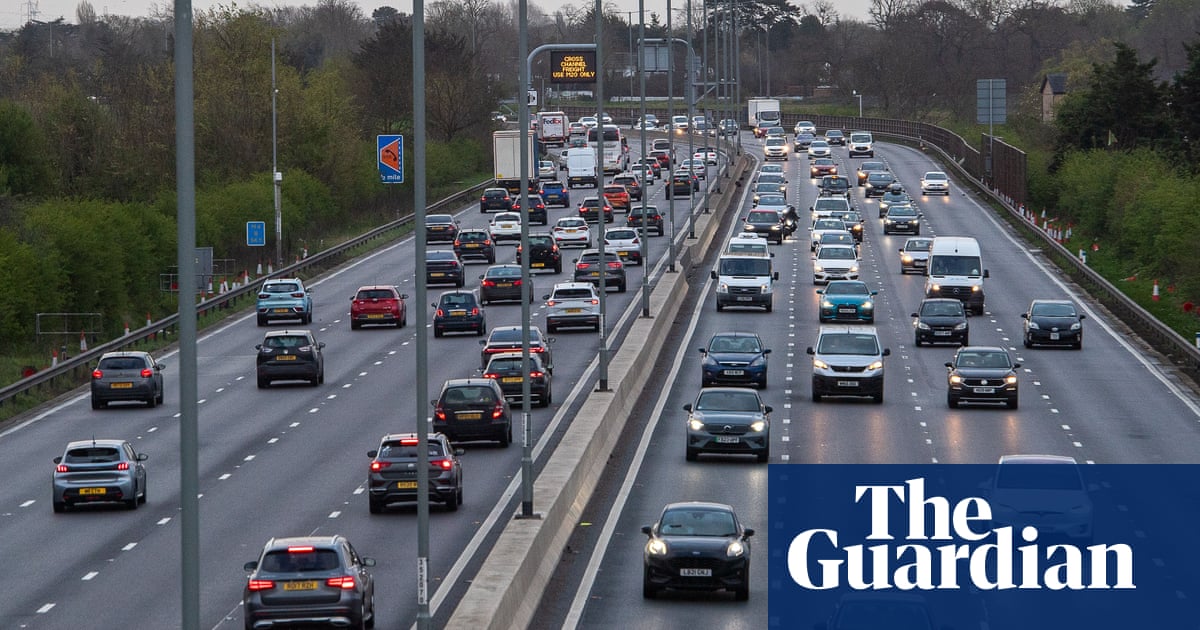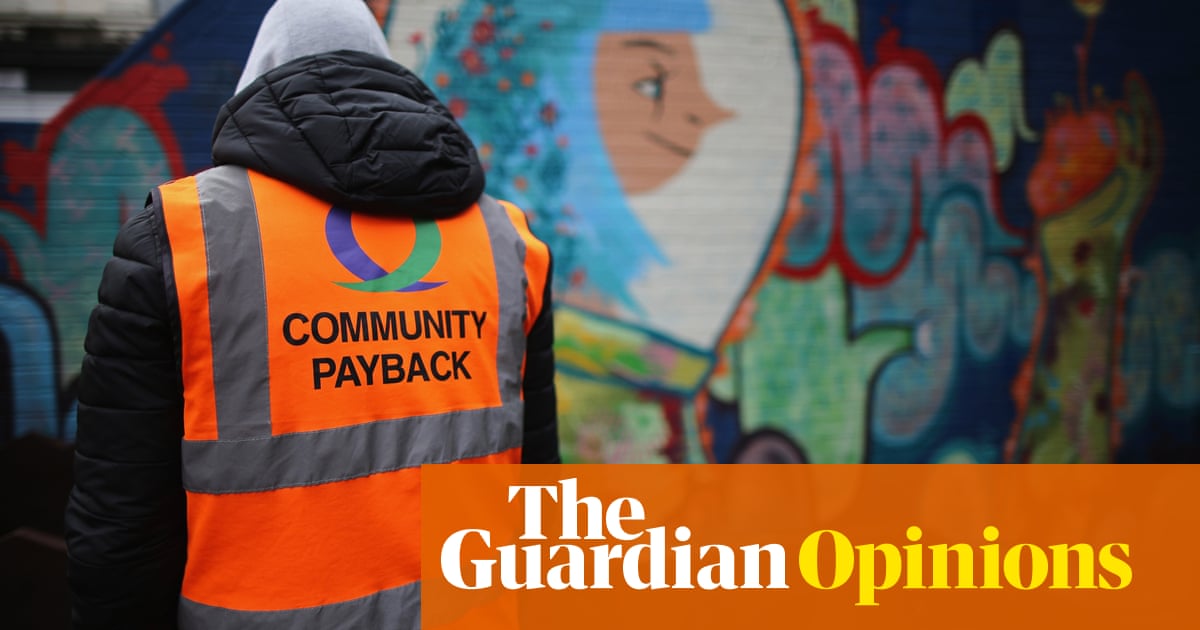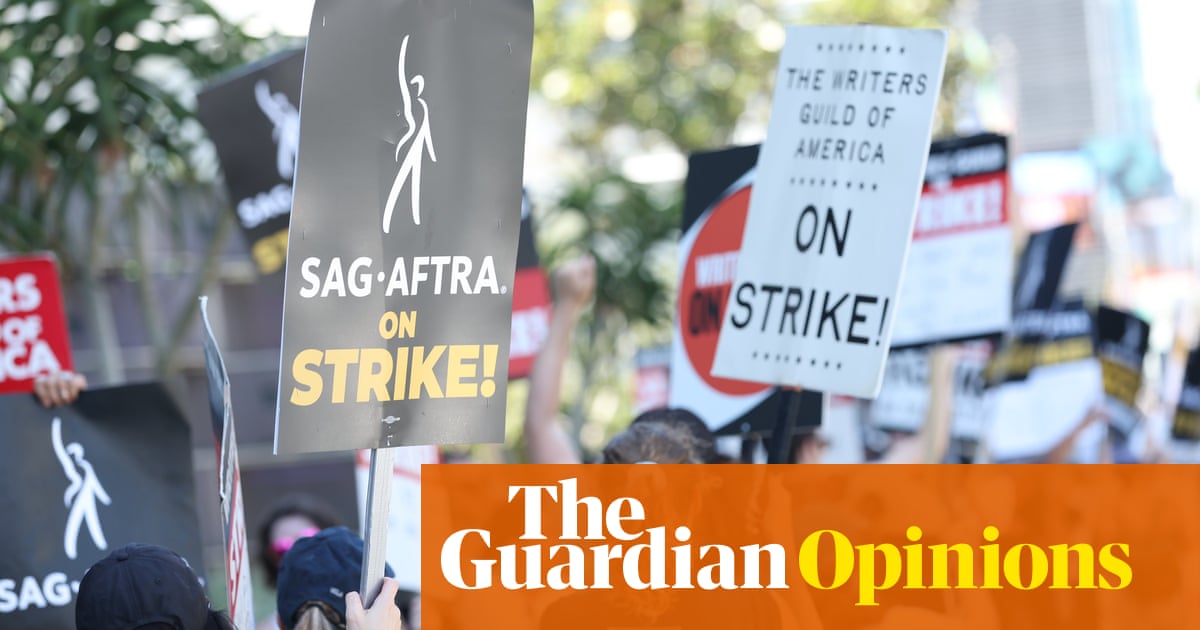
nce upon a time, wise elders foretold that east and west would meet, a reviving and ruling power coming together in new leadership. The idea of a Sino-American G2, reaching bilateral consensus on key issues to prudently steer the international community, always sounded like a fairytale. But from this moment in time, it seems more like a bad joke. As a pandemic threatens millions of lives, and further suffering through a global recession, the shortcomings of China and the US are increasingly glaring.
Chinese authorities covered up the Wuhan outbreak and harassed those who tried to blow the whistle, allowing the coronavirus to spread within and then beyond its borders – though subsequent draconian measures appear to have contained the internal spread, for now at least, and should have bought time for other countries to prepare. Chinese diplomats and state media promoted wild conspiracy theories suggesting the virus originated, or was even created, in the US, even if officials may now be drawing back. Last week, with everyone’s attention on the pandemic, Beijing threw out US journalists from major news organisations in belated retaliation for tightened controls on Chinese state media companies in the US.
Meanwhile, Donald Trump spent weeks dismissing concerns and suggested the virus would “disappear” and was “very well under control”. He ceded responsibility to states and now wants to return to business as usual, as if that were possible – even as the World Health Organization warns that America could become the new centre of the pandemic. Medical experts and governors are in despair. He tried to lure a German firm developing a possible vaccine to the US. He promoted an unproven treatment. With gratuitous cruelty, his administration has tightened sanctions on Iran, one of the worst-hit countries. He has, until this week, insisted on referring to “the Chinese virus” despite the resulting stigma and hate crime.
Mr Trump may yet regret his finger-pointing; many materials needed for equipment such as masks are mainly produced in China. Pundits have blamed predatory pricing by Chinese firms for ending penicillin and aspirin production in the US, but the US has also showed complacency in failing to protect key national resources and relying on foreign production.
Washington’s failures are allowing Beijing, despite its own culpability, to restore its image and build foreign influence. “The only country that can help us is China … European solidarity does not exist,” declared the Serbian president, Aleksandar Vučić, last week; masks and health experts arrived days later. China’s dispatches of medical supplies to other countries are welcome; so presumably were the shipments it received from the EU when the outbreak emerged, and the equipment that European neighbours have shared with each other. The EU’s foreign policy chief, Josep Borrell, warned on Tuesday of a “struggle for influence”, including through the “politics of generosity”. The bloc must show that solidarity is not an empty phrase, he wrote.
The pandemic has underscored the need for international cooperation. When problems are global, solutions must be too. But it has also shown once more that China and the US are neither fit to lead, nor interested in cooperation, and that the rest of the world will need to find its own ways of working together.





